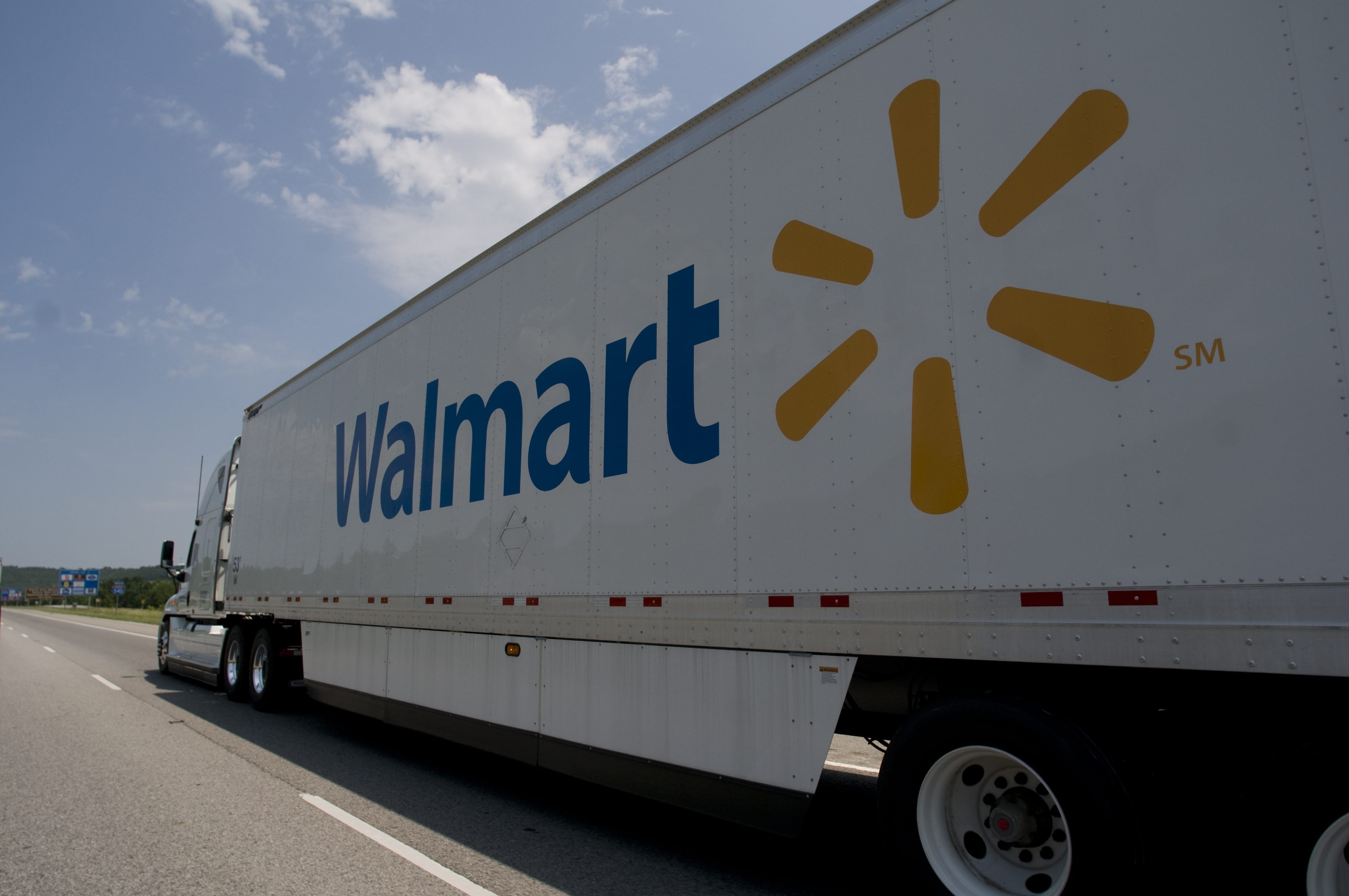A federal judge announced there would be no additional penalties for Wal-Mart in a long-lasting lawsuit. In November of 2016, a jury had awarded hundreds of truck drivers $54 million in back pay. The plaintiffs had contested that the Arkansas-based retailer hadn’t fairly compensated its over-the-road employees for doing certain tasks. A California jury found minimum wage laws had been broken when drivers were asked to perform some duties without pay.
Although Wal-Mart is now obliged to begin handing money over to its truckers for unpaid pre-trip inspections and layovers, the federal judge presiding over the affair did not believe the chain had acted in bad faith. Randy Hargrove, a company spokesperson, remarked, “while we still disagree with the jury’s verdict on the case, we’re pleased the judge declined to award any additional penalties.”
If Wal-Mart had blatantly broken the law, they could have been fined an additional $80 million on top of the $54 million in back pay.
As tempting as it may be to side with workers denied a fair wage, there is ample evidence to suggest that Wal-Mart’s pay practices were not unusual. Attorneys for the plaintiffs had argued that a number of tasks merited an hourly wage. Some of the mentioned tasks included pre-trip inspections and tethered layovers. Pre-trip inspections can be lengthy for drivers but are vital for keeping loads, roads, and equipment safe. Truckers were also asked to wash their vehicles and pump fuel for free.
Transportation is an unusual industry in that many employees are paid for far they move rather than how long they spend driving. Pay rates are usually calculated as “cents per mile,” especially for drivers who run freight cross-country. Large and small companies alike tend to have incentives and perks for unpleasant activities or wasted time. The rules for what merits money and what doesn’t can be complex. Flatbed load-tarping and layovers are generally covered by flat fees – Wal-Mart paid its drivers $42 per layover, remarking employees were free to spend the 10-hour time doing as they pleased.
A jury concluding that minimum wage has to be offered for such tasks might raise eyebrows in logistics offices across the country. Giving drivers an hourly rate for pumping fuel and doing routine maintenance is unusual. The expectation normally is that truckers have duties which are encompassed by their per-mile pay.
The Guardian quoted corporate attorney Scott Edelman as asking during the trial, “When you pay a baker $20 to bake a cake, what are you paying the baker to do? Is just to put the cake in the oven for however long? Because that’s essentially what the plaintiffs are arguing.”
Wal-Mart claims its drivers are among the highest-earning in the United States, indicating that many made close to six figures annually. Judge Illston, who declined to impose $80 million in penalties, said the retailer had been operating in a legal grey area.

The consequences of the case and payout could be profound for truckers and trucking companies across the nation. With some specialized freight carriers struggling for air in the current economy, having to write checks on top of checks to comply with minimum wage laws could be a deathblow.
While Wal-Mart might an unfortunate and well-publicized history of mistreating its workers, they were toeing exactly the same line as most everyone else in the industry.
Sources
Judge Rejects $80M Penalty in Wal-Mart Truck Drivers Lawsuit
Wal-Mart loses minimum wage pay fight as jury awards California truck drivers $54 million
Walmart ordered to pay truck drivers $54m in minimum wage suit
Walmart Truck Drivers Have Been Awarded $55 Million in Backpay


Join the conversation!